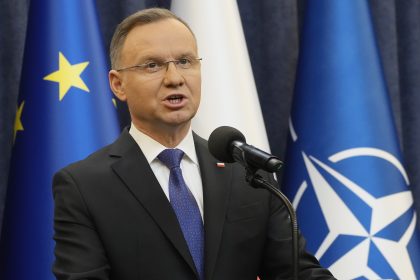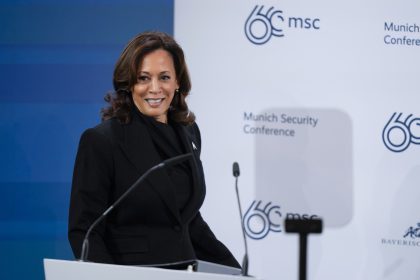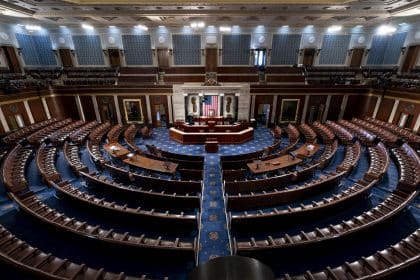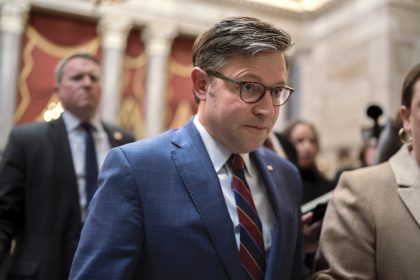Officials Preview Upcoming North American Leaders’ Summit
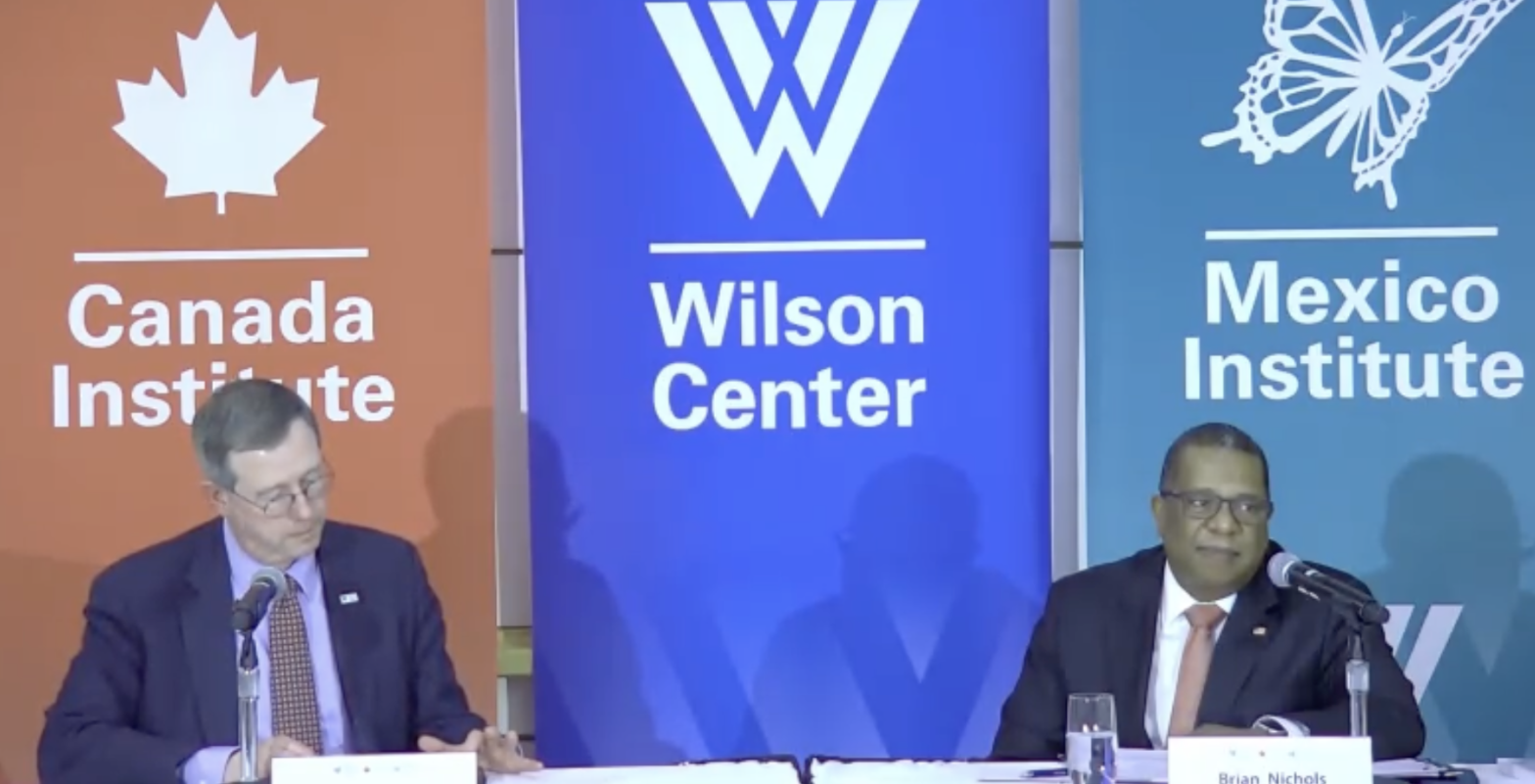
WASHINGTON — In advance of the 2023 North American Leaders’ Summit, a convening of the heads of state from Canada, Mexico and the United States taking place next week in Mexico City, Mexico, U.S. Assistant Secretary of State for Western Hemispheric Affairs Brian Nichols offered a preview of American summit priorities at the Wilson Center on Friday.
Jan. 9 and 10, 2023, will mark the 10th regional summit, which began in 2005. After years of hiatus, it resumed a little over a year ago to address pressing challenges without geographic or national boundaries.
“Monday … the three leaders will meet together to create a common vision for North America,” Nichols said. This happens, “not as one country preaching to another country, but as friends and colleagues working to support each other.”
This larger summit will be followed by separate meetings with each of the leaders bilaterally. There will also be an intimate dinner with leaders and their spouses to share ideas and concerns in what Nichols called “casual and private conversations.”
“This is a really important moment for our region and our hemisphere, and the heart of our hemisphere is the relationship we have with Canada and Mexico, our two largest trading partners,” Nichols said.
Nichols claimed that last year’s summit produced some 40 concrete outcomes, citing specifically a North American pandemic supply chain dialogue, a network of small and medium-sized enterprises across North America and cooperation on a clean energy transition.
Nichols said the breadth of the last summit’s outcomes was “huge,” but this year’s efforts could be equally as consequential.
“Our societies are integrated in such a way that is not reflected in our relations with any other countries in the world,” he told the Wilson Center audience.
In advance of the summit, the nations have agreed to discuss an agenda of shared challenges across six pillars to include diversity, equity and inclusion, climate, economic competitiveness, migration, health and regional security.
Health remains a focal point.
“This summit is an opportunity to reinforce the message that we need to address the it’s-still-not-over pandemic, but also new pandemics,” Nichols said.
Additionally, Nichols expects the discussions could result in increased labor mobility; a redoubling of efforts to address climate and environmental issues, including decarbonizing transportation; and jointly addressing irregular migration.
“The Biden administration is deeply committed to legal, orderly, safe migration and managing our border in a way that does not put people at risk,” he said.
“[At the summit,] we don’t always agree on every element of achieving a goal, but we have deep and meaningful conversations on how to get there,” Nichols said. “The goodwill to advance our shared future is something that really comes across.”
Kate can be reached at [email protected]

















